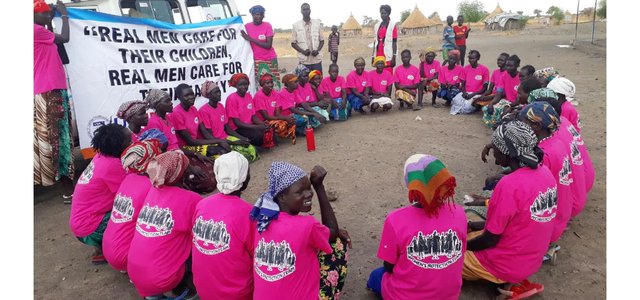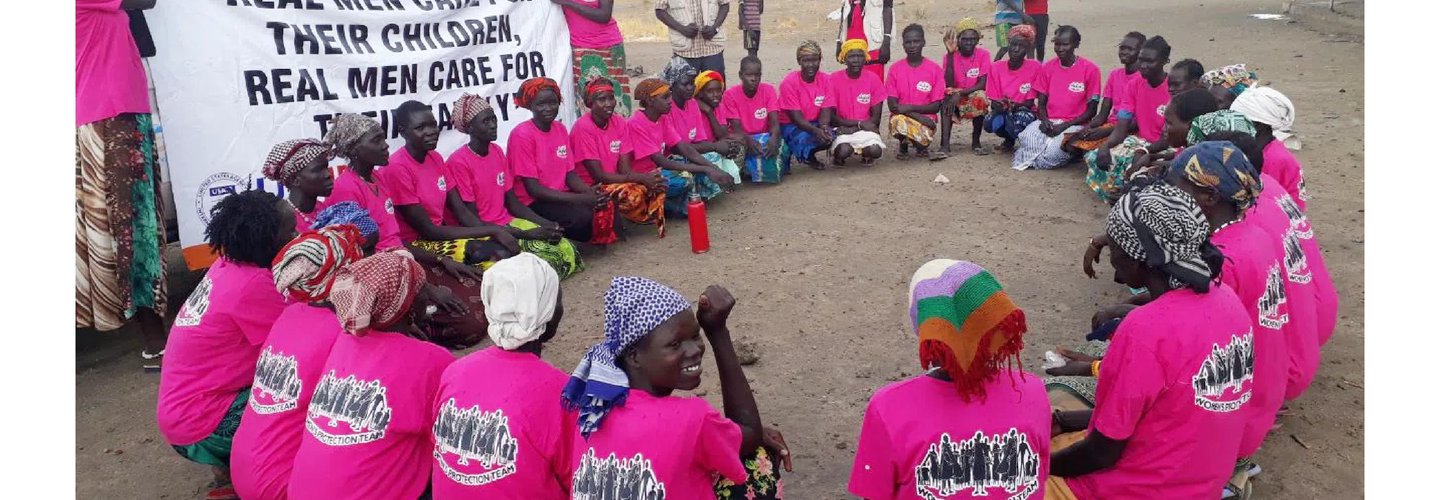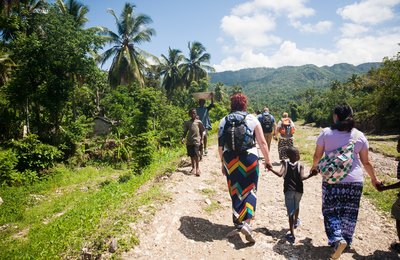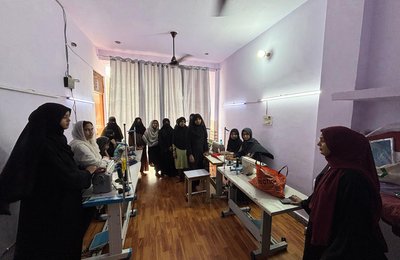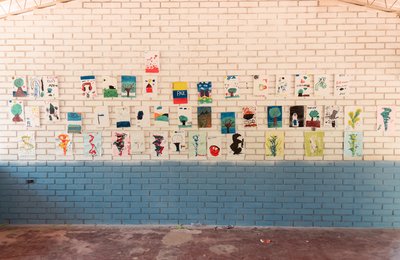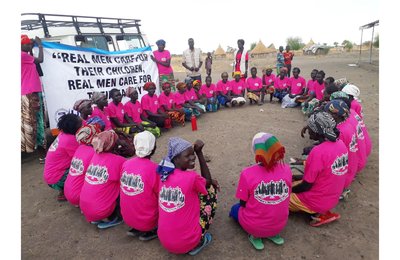Mothers of Peace: In South Sudan’s Jonglei State, Women are Breathing Back Peace and Healing into a Troubled Society
Since gaining independence in 2011, South Sudan has experienced waves of communal and political conflicts, often triggered by competition for scarce resources.
In Jonglei State, a conflict-prone region for decades in the east of South Sudan, residents have been denied peace and development courtesy of cattle rustling, revenge raids, abductions, and killings among the Murle, Dinka, and Nuer communities.
Women, girls, and children have borne the most effects of these conflicts, whose main perpetrators are men and teenage boys.
Rev Justin Arama, chair of the South Sudan Council of Churches (SSCC), says communal conflicts in South Sudan, “have left communities poor, homeless, hungry and without critical social services.”
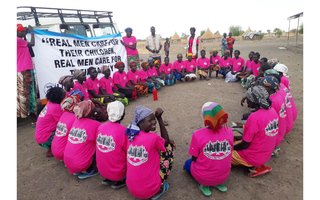
Challenging the Status Quo
Traditionally, for most conflicts in Jonglei State, men have acted as both perpetrators and/or peacemakers, with women taking a back seat. But now women are not only shouldering the burden of conflict but also that of peacemaking. Through Community Women Peace Protectors and with support from SSCC, the women of Jonglei are rewriting history and upsetting societal norms by confronting male-triggered insecurity incidents, which often take the form of cattle theft, abductions, and killings.
Grace Amet, a member of the Mundri Women Peace Protectors in Jonglei, says that initially, “men would create conflict to satisfy their egos.” “For a long time, our men seemed to enjoy conflict, but its impact on women and children never bothered them,’’ said Grace. According to Grace, the women of Jonglei decided to upset the status quo by taking up roles traditionally dominated by men as peacemakers and negotiators to “not only protect their children but also the society. “A society without women and children has no future. Continuous conflicts were threatening to wipe out our societies had we not acted as women’’ she said.
Rev Arama noted that women “have the power of dialogue, negotiation, and moral authority critical in defusing tensions among warring communities’’. Unlike men, women have soft and kind hearts. They act as mediators in retrieving and returning stolen cattle and abducted community members during conflict,’’ Rev Arama added. Rev Arama added that by overcoming traditional hurdles of marginalisation, South Sudanese women are not only promoting reconciliation but also preventing bloodshed. “These women are not only mediators but also healers, protectors and keepers of cultural wisdom”.
Women’s Unique Influence
The efforts of women in solving inter-communal violence in Jonglei have been bearing fruit, with cases of cattle rustling and women and children abduction reducing. In 2019, women from Dinka and Murle communities took a united stand against cattle rustling and child abduction and signed an agreement to end inter-communal fighting. In 2021, 58 women and children who had been abducted were released following the signing of a women-championed peace agreement.
To further entrench their participation in community peace processes, women successfully pushed for their inclusion in communal courts, which traditionally reserved for men. Nancy Nyaluak, leader of the Mundir women peace protectors, says that when they started in 2018, for their mission to be successful, they threatened to leave their husbands and stop childbearing. “We had to let our men know that enough was enough and that all we wanted was peace because the psychological and social burdens were severe,” said Nyaluak. She says their work as peacemakers does not end at asking their men and sons not to trigger or engage in conflict, but also finding stolen cattle and abducted women and children and taking them to their rightful villages.
“As women peacekeepers, our mantra has been that no conflict is small because every big conflict started as a small thing. We have mastered the approach of pouring water on a burning house to stop it from burning a whole village,” said Nyaluak.
Lasting Peace for generations
According to the Nonviolent Peace Force (NP), a non-profit organisation working with women's groups to foster peace, women continue to play a vital role in the restoration of peace in South Sudan. Toendepi Kamusewu, NP’s South Sudan director of programs, says that they have trained and mentored at least 56 women's peace groups, with each comprising approximately 30 women on conflict management and how to identify security concerns.
“They have been critical in not only preventing violence in their communities but also de-escalating conflict”, Kamusewu said. He added, “Part of our work is to help train the women peace champions on social cohesion, early warning response and unarmed civilian protection.”
Kamusewu credits the success of the women peacekeepers to strong inter-communal networks, which they use to prevent and intervene in violence.
Nyaluak observes that societal limitations must never determine whether women and children of South Sudan will be safe or not.
“As women, we all want our daughters and granddaughters to grow up in a society that does not kill their dreams and future. What we are doing is creating lasting change for future generations," said Nyaluak.

